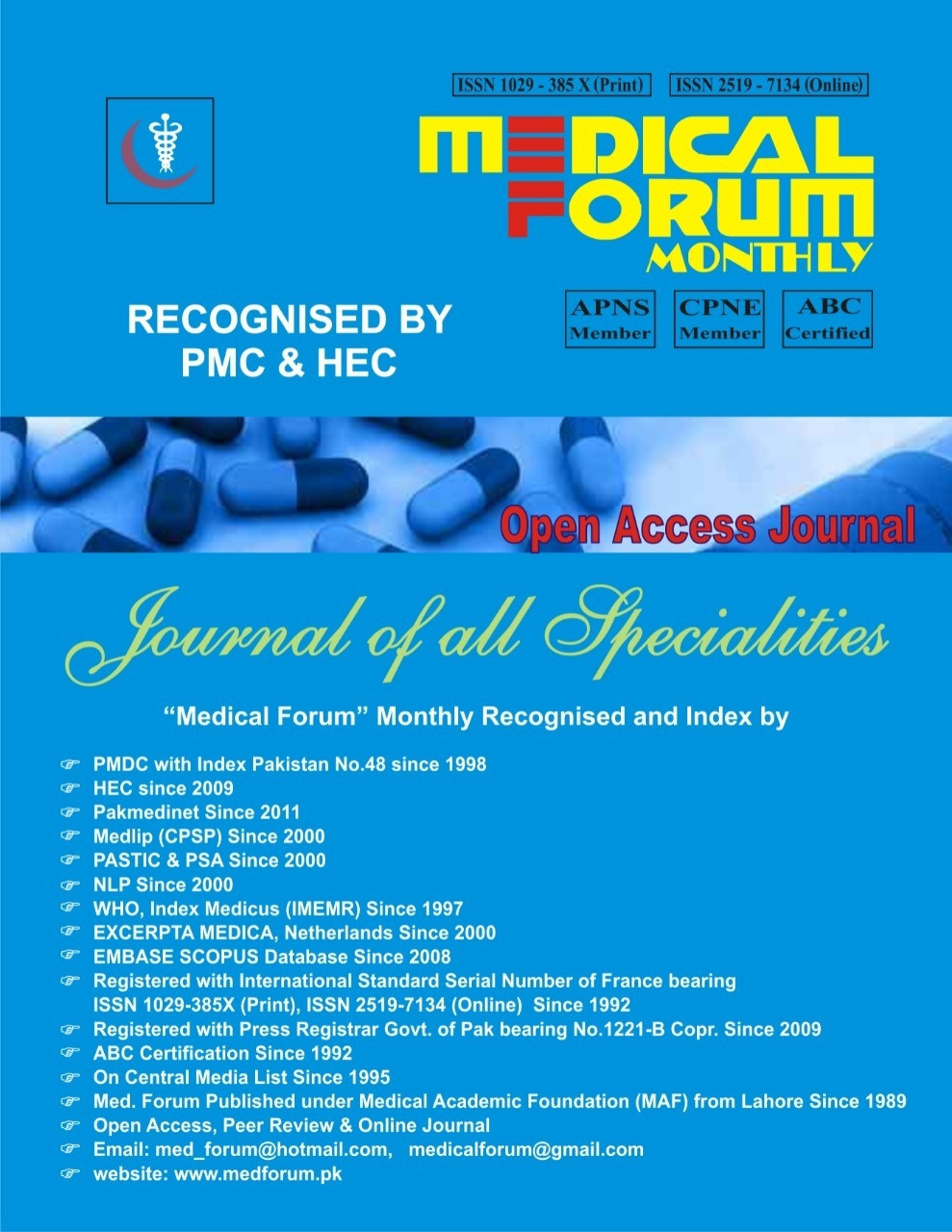
11. Effects of Deep Breathing Exercises on Old Versus Young Patients Undergoing Valve Replacement Surgery
Nashmiya Shahid, Munaza Arwa, Zunaira Arshad, Rehana Niazi, Nazeer Mehrvi
and Abbas Jamil
ABSTRACT
Objective: To determine the effects of deep breathing exercises in old versus young patients undergoing Valve Replacement Surgery.
Study Design: Quasi-Experimental Study
Place and Duration of Study: This study was conducted at the Hameed Latif Hospital, Gulab Devi Hospital, and Mayo Hospital Lahore from 15-03-2022 until 15-8-2022.
Methods: A sample of 66 patients was taken using a non-probability purposive sampling technique. The sample was divided into two groups of young (aged 18-45) and old patients (aged above 50) with 33 individuals in each group. Deep breathing exercises (diaphragmatic, pursed lip, and segmental breathing) were performed on each patient in 6 sessions, 3 per week. Each exercise was performed for 5-10 minutes with a 1-2 second pause. The oxygen saturation and functional capacity were measured using a pulse oximeter and dyspnea index before and after DBE.
Resul There was a significant difference between oxygen saturation of old patients of VRS post-intervention with a mean value of -1.454±1.348 with a p-value less than 0.005. However, the post-intervention oxygen saturation of young patients of VRS showed marked improvement as compared to the old patients with a mean value of -
2.696±1.722 with p value less than 0.005. ts:
Conclusion: The findings of the current study showed that deep breathing exercises were effective in improving oxygen saturation in both young and old patients with marked improvement in young patients undergoing valve replacement surgery.
Key Words: Deep breathing exercises, Valve replacement surgery, Oxygen saturation, Dyspnea Index.
